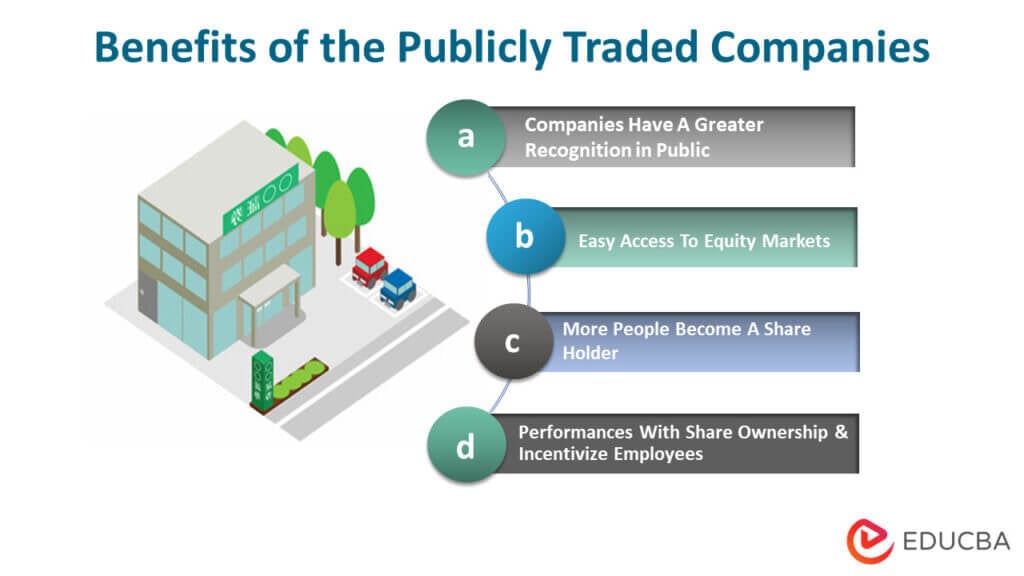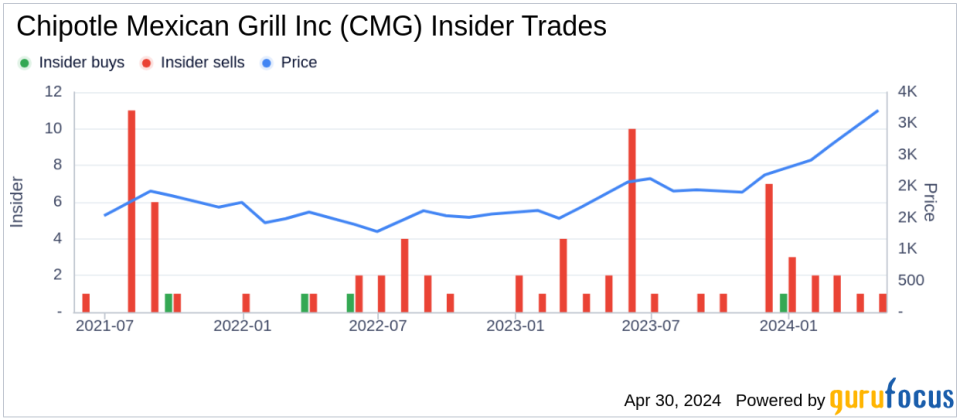Chipotle’s Business Model and Performance

Chipotle Mexican Grill is a fast-casual restaurant chain renowned for its focus on fresh, high-quality ingredients and customizable menu options. Its unique business model, coupled with strong brand recognition, has propelled the company to significant success. However, the company has also faced challenges, including food safety issues and operational inefficiencies.
Chipotle’s Business Model
Chipotle’s business model centers around a few key principles:
- Fresh Ingredients: Chipotle prioritizes using fresh, high-quality ingredients, with a focus on locally sourced produce whenever possible. This emphasis on quality has contributed to the company’s strong brand image and customer loyalty.
- Customizable Menu: Customers can personalize their orders, choosing from a variety of ingredients and options, which appeals to a wide range of preferences. This flexibility enhances the dining experience and encourages repeat visits.
- Limited Menu: Chipotle’s menu is relatively small, with a focus on a few core items. This streamlined approach allows the company to maintain quality control and operational efficiency.
- Fast Service: Chipotle aims to provide fast and efficient service, catering to the needs of busy customers. However, this has sometimes been a challenge, particularly during peak hours.
- Digital Ordering: Chipotle has invested heavily in its digital ordering and delivery platforms, allowing customers to place orders online and through mobile apps. This has been crucial for expanding reach and convenience.
Chipotle’s Performance
Chipotle’s financial performance has been generally strong, with consistent revenue growth and increasing profitability. However, the company has also experienced challenges, particularly related to food safety issues and operational inefficiencies.
Financial Performance
Chipotle has consistently generated strong revenue growth, driven by its expanding store network and increasing customer demand. In recent years, the company has also seen significant improvements in profitability, with margins expanding due to operational efficiencies and menu price increases.
Customer Satisfaction
Chipotle consistently ranks highly in customer satisfaction surveys, with customers praising the quality of its ingredients, customization options, and fast service. However, the company has also faced criticism regarding its pricing and service consistency.
Comparison to Other Fast-Casual Restaurants
Compared to other fast-casual restaurants, Chipotle generally performs well in terms of revenue, profitability, and customer satisfaction. However, the company faces stiff competition from other chains, such as Panera Bread and Shake Shack, which offer similar concepts and menu options.
Chipotle’s Menu and Pricing Strategies
Chipotle’s menu strategy is based on offering a limited but customizable selection of fresh, high-quality ingredients. The company’s pricing strategy is designed to be competitive within the fast-casual segment, but it has also faced criticism for being relatively high compared to other chains.
Menu Strategy
Chipotle’s menu is designed to be simple and straightforward, with a focus on a few core items: burritos, bowls, salads, and tacos. Customers can personalize their orders by choosing from a variety of ingredients, including meats, beans, rice, salsas, and toppings. This customization allows customers to create their own unique meals, which has contributed to the company’s popularity.
Pricing Strategy
Chipotle’s pricing strategy is based on offering value for money, with prices that are generally competitive within the fast-casual segment. However, the company’s prices have been criticized for being relatively high compared to other chains, such as Taco Bell and Subway.
Chipotle’s Expansion Strategy, Chipotle stock
Chipotle’s expansion strategy focuses on opening new restaurants in both existing and new markets. The company has a strong track record of successfully opening new restaurants and growing its store network.
New Restaurant Openings
Chipotle has consistently opened new restaurants in both existing and new markets, contributing to its revenue growth. The company’s expansion strategy is focused on opening restaurants in high-traffic locations with a strong customer base.
Impact on Stock Performance
Chipotle’s expansion strategy is expected to continue to drive revenue growth and stock performance. However, the company faces challenges, including competition from other chains and potential operational inefficiencies associated with rapid growth.
Chipotle’s Competitive Landscape
Chipotle faces stiff competition in the fast-casual restaurant industry, a market characterized by rapid growth and evolving consumer preferences. This competitive landscape presents both opportunities and challenges for Chipotle as it strives to maintain its market share and attract new customers.
Primary Competitors and Market Shares
Chipotle’s primary competitors include other fast-casual chains specializing in customizable meals, such as:
- Qdoba Mexican Eats: Qdoba, owned by Jack in the Box, offers a similar menu to Chipotle, with a focus on customizable burritos, bowls, and salads. Qdoba has a smaller market share than Chipotle but has been expanding rapidly in recent years.
- Moe’s Southwest Grill: Moe’s, known for its “Build Your Own” concept, competes directly with Chipotle in the burrito and bowl segment. Moe’s has a smaller footprint than Chipotle but enjoys a loyal customer base.
- Panera Bread: While Panera’s menu is broader, its focus on fresh, customizable sandwiches, salads, and soups positions it as a competitor to Chipotle. Panera has a larger market share than Chipotle and is known for its strong digital presence.
- Subway: Subway, the world’s largest fast-food chain, offers customizable sandwiches and salads, making it a significant competitor to Chipotle. Subway’s widespread availability and value pricing present a challenge to Chipotle.
- Other Fast-Casual Chains: In addition to these major players, Chipotle faces competition from numerous other fast-casual chains, including Jimmy John’s, Firehouse Subs, and Sweetgreen. These chains offer diverse menu options and compete for the same customer base as Chipotle.
Factors Influencing Chipotle’s Stock Price: Chipotle Stock

Chipotle’s stock price, like any publicly traded company, is influenced by a complex interplay of factors, both internal and external. These factors can be broadly categorized into macroeconomic conditions, financial performance and growth prospects, industry-specific trends, and investor sentiment.
Macroeconomic Factors
Macroeconomic factors, such as inflation and interest rates, play a significant role in shaping investor sentiment and influencing stock prices.
- Inflation: Rising inflation can negatively impact Chipotle’s stock price by increasing the cost of its raw materials, such as food and packaging, and potentially leading to price increases for its menu items. This can affect customer demand and profit margins.
- Interest Rates: Increasing interest rates can make it more expensive for Chipotle to borrow money, potentially impacting its investment and expansion plans. Higher interest rates can also lead to a decrease in investor appetite for stocks, as investors may shift towards more conservative investments with higher returns.
Financial Performance and Growth Prospects
Chipotle’s stock price is directly tied to its financial performance and future growth prospects.
- Earnings and Revenue Growth: Consistent and strong earnings and revenue growth are crucial for attracting investors and driving stock price appreciation. Chipotle’s track record of positive earnings and revenue growth, coupled with its expansion plans, has historically contributed to its stock price performance.
- Profitability: Profitability, measured by metrics like operating margin and return on equity, is a key indicator of a company’s financial health and its ability to generate sustainable returns for investors.
Industry-Specific Trends
Chipotle operates within the fast-casual restaurant industry, which is subject to various trends that can impact its stock price.
- Food Costs: Fluctuations in food costs, particularly for key ingredients like avocados and beef, can affect Chipotle’s profit margins and impact its ability to maintain competitive pricing.
- Labor Shortages: The restaurant industry has been grappling with labor shortages in recent years, which can lead to higher labor costs and operational challenges for Chipotle.
- Competition: The fast-casual restaurant industry is highly competitive, with players like Panera Bread, Subway, and Shake Shack vying for customer share. Chipotle’s ability to maintain its competitive edge and attract customers is essential for its stock price performance.
Investor Expectations and Market Sentiment
Investor expectations and overall market sentiment play a crucial role in driving stock prices.
- Analyst Ratings and Recommendations: Analyst ratings and recommendations can influence investor sentiment and create buy or sell pressure on a stock. Positive analyst ratings and price targets can boost investor confidence and contribute to stock price appreciation.
- News and Events: Company-specific news and events, such as new menu introductions, expansion plans, or regulatory changes, can significantly impact investor sentiment and stock price movements.
Chipotle stock is a popular investment choice for those who believe in the company’s commitment to fresh, sustainable ingredients. The vision and leadership of the ceo of chipotle have played a significant role in shaping the company’s success and its appeal to investors.
As Chipotle continues to innovate and expand, its stock remains a potential source of growth and value for those who are passionate about both food and responsible business practices.
Chipotle stock, like many others, can be a reflection of broader market trends and consumer confidence. It’s interesting to see how different companies navigate these times, and the approach of Starbucks CEO Laxman Narasimhan in focusing on operational excellence and customer experience could be a model for other fast-casual giants like Chipotle.
By prioritizing innovation and customer satisfaction, Chipotle can continue to thrive in the ever-evolving restaurant industry.
